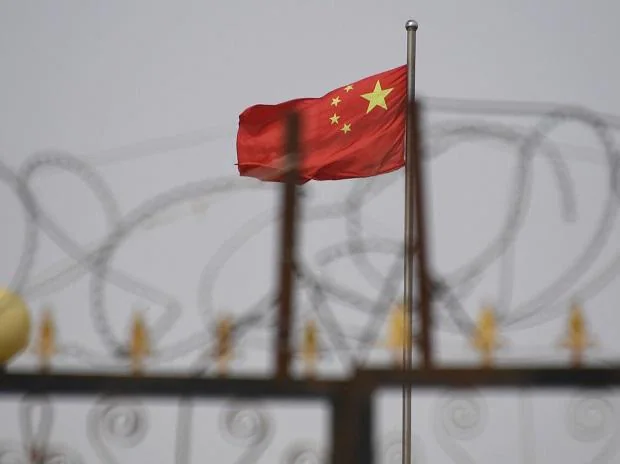UN human rights officer expressed worry to Chinese officials on Saturday about the impact of wide counterterrorism and deradicalization efforts on the rights of Uyghurs and mainly other Muslim populations in China’s Xinjiang province.
Michelle Bachelet, who visited the northwest area as part of a six-day trip to China, stated that the visit was not an investigation, but rather an opportunity to have direct meetings with senior Chinese authorities and open the path for more frequent engagements to encourage China in fulfilling its commitments under international human rights legislation.
“It gives a chance for me to understand the situation in China better, but it also provides an opportunity for Chinese authorities to understand our concerns better and maybe rethink actions that we fear may have a bad impact on human rights,” she said before departing the nation in a video press conference.
Xinjiang
Bachelet’s cautious statements, although expected, did not please campaigners and are unlikely to appease nations such as the United States. The latter have criticised her visit to Xinjiang. In an official statement on the trip, China’s governing Communist Party, which has forcefully denied all claims of human rights violations and genocide in Xinjiang, showed little hint of being receptive to reform.
Under human rights, Vice Foreign Minister Ma Zhaoxu accused some Western countries and anti-China groups of inventing spectacular falsehoods about Xinjiang. It claimed that the government has taken legal steps to combat violent terrorism, bringing security, stability, and development to China’s northwest area.
“The Chinese side emphasised that Xinjiang is fundamentally not a human rights problem, but rather a key one involving national sovereignty, security, and territorial integrity,” according to the statement. “All ethnic groups in Xinjiang are members of the Chinese nation’s family.”
Amnesty International Secretary General Agnes Callamard said Bachelet should denounce human rights crimes in Xinjiang and urge China to release arbitrarily arrested individuals and cease systematic attacks on ethnic minorities in the area.
“The high commissioner’s visit has been marked by photo opportunities with top government officials and Chinese state media distortion of her words, giving the impression that she stepped directly into a very predictable propaganda exercise for the Chinese government,” Callamard said in a statement.
Detention Centres
According to analysts, a system of detention centres swept up a million or more Uyghurs and other ethnic minorities.
According to China, the camps have been disbanded, which portrays them as vocational training and education institutes to combat extremism. The authorities have publicly stated the number of persons who travelled through them.
Bachelet noted the use of 15 indicators by police to determine “tendencies towards violent extremism” that could lead to detention, allegations of use of force, and reports of unduly severe restrictions on religious practises while visiting a prison and a former centre in the Xinjiang city of Kashgar.
“It’s vital that counter-terrorism actions don’t result in human rights abuses,” she added. “Independent judicial scrutiny of the implementation of applicable laws and regulations and any necessary measures placed on persons is required, as is increased openness in court processes. All victims must have the opportunity to seek remedy.”
The detention of lawyers, activists, journalists, and others under Hong Kong’s national security regulations, according to Bachelet, is “very concerning,” given the semi-autonomous Chinese city’s position as a hub for human rights and independent media in Asia.
She believes it is critical to maintain Tibetans’ linguistic, religious, and cultural identities, as well as their right to completely and freely engage in religious choices. “I… emphasised the significance of youngsters acquiring their native language and culture in the context of their families or communities,” she explained.
Bachelet had heard from Uyghur families living overseas who had lost communication with their relatives before her arrival. She noted that during her discussions in China, she urged officials to make providing information to families a top priority.
“I have heard people who have written me requests requesting that address concerns or cases with the authorities,” she stated. “Your advocacy is important, and my visit allowed me to bring up several particular circumstances and difficulties with the administration.”
According to Bachelet, the United Nations and China agreed to establish a working group to have follow-up conversations on various problems, including minorities’ rights, counterterrorism and human rights, and legal protection.
Read More – UN Human Rights Office Hails SC Order on Sedition Law













